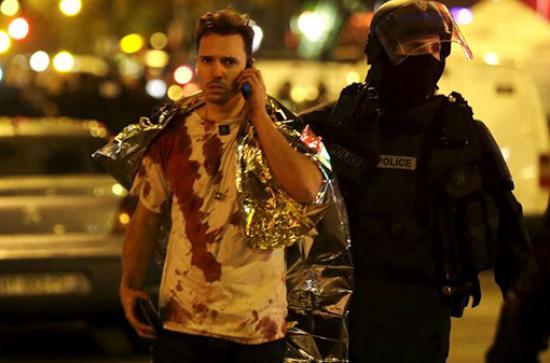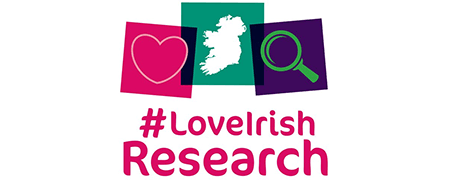
A first-of-its-kind study that will examine people’s behaviour during the first 10 minutes of “marauding” terrorist attacks, like those seen in Paris in November 2015, was announced today by Maynooth University researchers.
The study, led by Dr Mark Maguire, Head of Maynooth University’s Department of Anthropology, aims to build societal resilience and furnish first responder services with vital insights that will enable them react to these events in a measured and effective manner. The project is Funded by the Irish Research Council New Foundations scheme.
Attacks by terrorists using assault rifles and low-grade explosives to slaughter innocent people at cafés, stadiums, shopping malls, and other public places have become one of the principal forms of terrorism across the globe. Their growing prominence has led counter-terrorist analysts to ascribe them their own designation: Marauding Terrorist Firearms Attacks (MTFAs). For response analysts, the specific religious or political motivations behind an attack are largely irrelevant; the method has been adopted by extremists across the ideological spectrum.
To date, despite the extensive amount of information that is collected following these attacks, there has been no research carried out into how people respond in an MTFA scenario. As well as assessing information collected by international agencies, the Maynooth University research team will conduct interviews with security forces, first responders, and survivors of attacks to explore people’s movements and actions during MTFAs. Of particular interest to the researchers are the recent 2011 attacks in Norway, the 2013 Westgate Shopping Mall attack in Nairobi, and the November 2015 attacks in the Bataclan in Paris.
The first 10 minutes of these attacks are central to this research, Dr Maguire explains: “Those first 10 minutes of a terrorist attack are extremely long for those experiencing it. An armed security response has not arrived and nearby first response services cannot enter the scene. How people respond in this extreme situation can provide practical information for emergency services and first responders reacting to an attack, but from an academic perspective it also provides a range of insights into human decision-making processes in a uniquely pressurised environment.”
“Obviously this research is in its early stages. However, our findings to date point to the very real possibility that the role played by natural instinct in these circumstances has been greatly overstated in the past. The evidence points to learned behaviour and cultural factors playing a far more significant role in decision-making processes when people are placed in extreme stress. Where the public is accustomed to being protected by the government, they are more likely to have a passive response to an attack. Conversely, people from states where there has been much conflict and unrest are more likely to take action against the attackers.”
One of the principal stakeholders in this research is St John’s Ambulance, which is interested in improving first responder services. Following the publication of its initial findings, the team will organise a series of workshops that will bring representatives from relevant stakeholder organisations together for role-playing exercises, with a view towards developing a major international research project. One of the key messages that the research already has produced is that an MTFA should be thought about as a quasi-battlefield scenario, meaning there is an established bank of knowledge that first responders can draw upon to improve their services. In this respect, an emphasis should be placed on teaching skills such as packing wounds and use of tourniquets to prevent loss of blood.
Dr Maguire said the ultimate value of this research is clear: “We have no intention of alarming anyone. In spite of the increased prominence of these kinds of attacks globally, they remain extremely rare occurrences. However, the response that the threat of attack elicits from certain states are felt every day, and these threats are leading to our societies becoming more divided and paradoxically more dangerous.”
Research team member Ms Sadhbh McCarthy elaborates: “The trends of these attacks show that the perpetrators are typically domestic citizens and carry out these attacks for a multiplicity of reasons. This renders efforts by counter-intelligent agencies to root out potential terrorists both ineffective and highly damaging to civil liberties and the integrity of the state. Having our first responders properly prepared for an attack, should it occur, represents the most cogent and mature strategy for protecting the lives of citizens.”
Maynooth University President Philip Nolan welcomed this project: “This is an outstanding example of how our researchers are engaged in research which will give us new insights into human behaviour and reactions, and will also directly influence policy and practice across the world in circumstances which are genuinely ‘life-and-death’ situations. Dr Mark Maguire and his team have given themselves a challenge that, to date, no other researchers have taken on. I look forward to their findings.”
 |
 |
